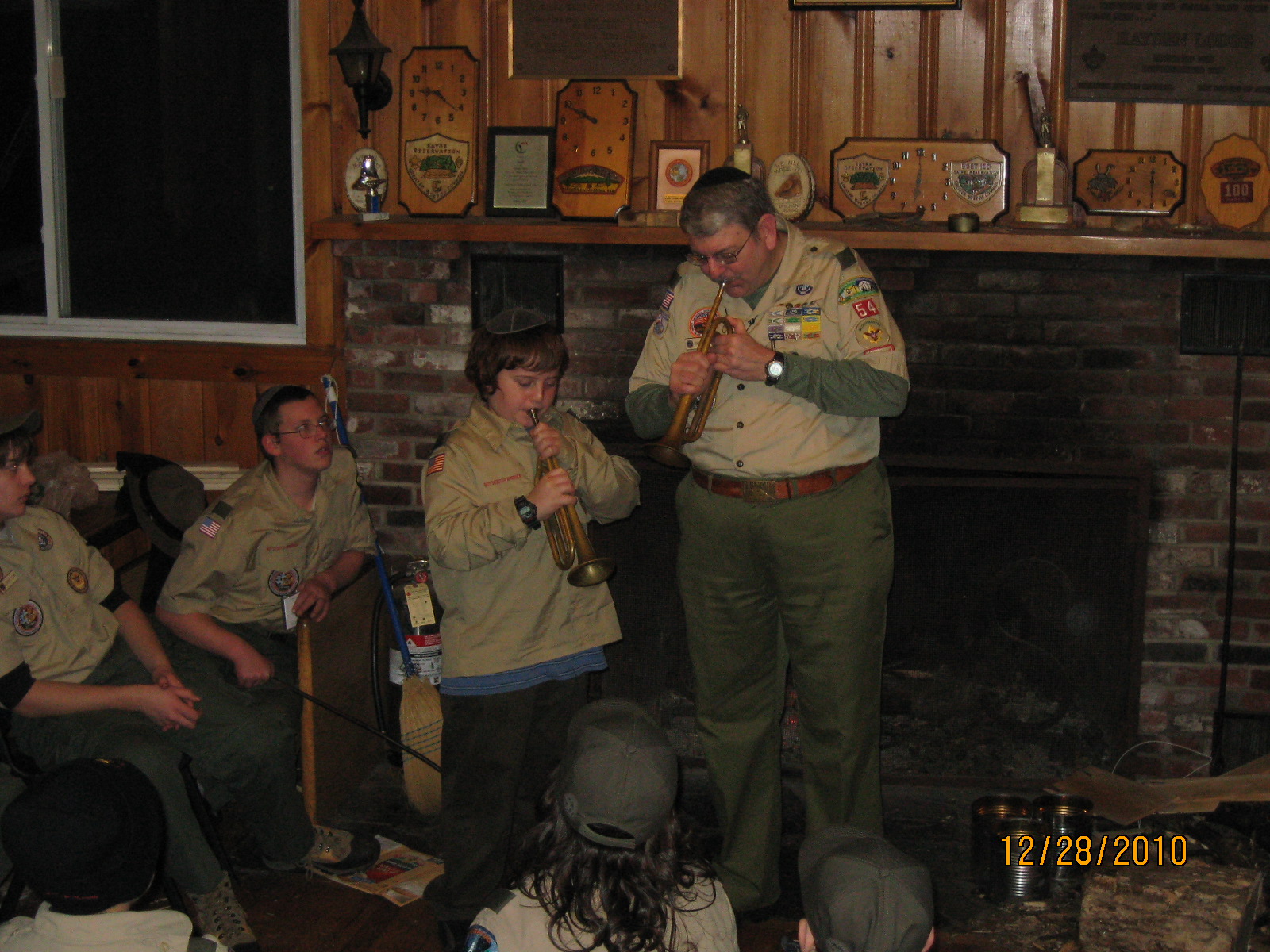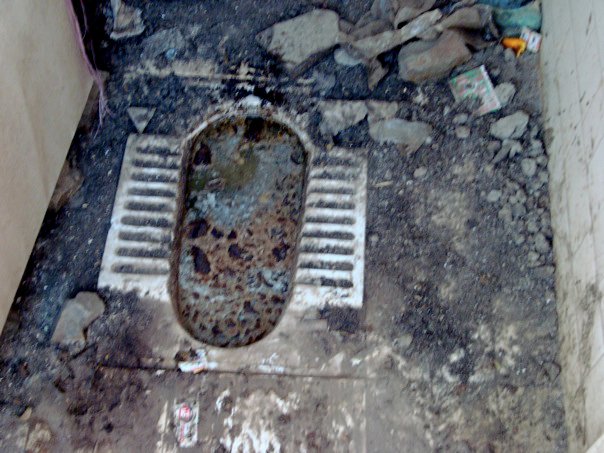
It's really no joke that in Boca Raton, women push their dogs in strollers and pull their kids behind on leashes. Isn't it time we reevaluate our priorities?
If you ever want to see something really strange, go to the Boca Raton Mall – there you see women with dogs in strollers and kids on leashes!
In travel, we’ve seen some pretty bizarre things. It always strikes me as odd when someone places undo importance on something unimportant, while ignoring the thing that really needs attention. One thing that’s often made me wonder is why people in America spend so much money on things that really aren’t priorities. For Rabbi Ben and I, travel and life experience are of primary importance. Until we someday have more money than we know what to do with (G-d, it’s fine with me if you want to make this come true!), I can’t think of any good reason to have an expensive car. There are inexpensive cars out there that are just as safe and just as reliable as the more pricey ones, yet countless people spend money to get that Lexus because – why? A Toyota isn’t good enough?
The fact is, these same people will often skimp on things that really matter. In several recent conversations with friends and acquaintances I’ve been told that once we have children, we won’t be able to travel anymore. Why? Well, first they argue that it’s impractical (I guess kids are an “inconvenience”?), then I am warned that it will be too expensive. Too expensive?! Well, a fancy car is expensive. Instead of spending money on that, we’d be much happier to spend less and just get by with a beat-up reliable old car, in order to be able to travel with our kids at least two months out of the year. In my opinion, travel is a great education for kids, so for me that’s top priority. It’s not about having fun (although travel can be fun); it’s about providing our future children with the most meaningful education possible. But although I often hear other people agree with me that they’d like to take their kids traveling more, I don’t often see them do anything about it. At the end of the day, I think many people are failing to prioritize the true priorities.

Rabbi Huttler spoke at a sheva brachot about this week's parsha and the importance of getting our priorities straight.
Earlier this week, I heard Rabbi Reuben Huttler of Los Angeles, who is related to the holy Ba’al Shem Tov, speak at my friend’s sheva brachot. He pointed out that in this week’s parsha, Gad and Reuven request to be given land the Jews had conquered outside of the proper land of Israel. Moses is pretty upset by this, but Gad and Reuven promise a few things: first, they’ll build pens for their livestock, then they’ll build cities for their children, and then they’ll rush out and fight to conquer Israel with the rest of the Jews. Moses gives them a quiet rebuke: he accepts their offer, but tells them they must build cities for their children and pens for their livestock. Without saying anything else, he reverses the order. This is Moses’s way of telling Gad and Reuven, “Hey, you guys have got your priorities wrong. You care more about your posessions than your children! Tend to your children first, then your material well-being will follow.”
The truth is that we get our priorities mixed up all the time, and we don’t need to travel to see it, although travel does often open our eyes. I shouldn’t have to go to Boca Raton to recognize that pushing your dog ahead of you while pulling your child behind you is wrong. I shouldn’t need to have someone point out to me that if being healthy is important, I should buy organic food and a gym membership instead of paying for netflix and video game systems. I know people who are masters of procrastination, who can make everything seem more important than what they really should be doing. This applies in the home (who doesn’t try to get out of doing chores?), in the workplace (who doesn’t want to avoid that long, difficult, and boring assignment?), and in our personal lives (who doesn’t make up excuses to avoid that one annoying friend?). Does that make this behavior right? No, of course not, but we all do it, all the same.
This week, let’s learn this lesson from Gad and Reuven and work on getting our priorities straight! SHABBAT SHALOM!
Read More











